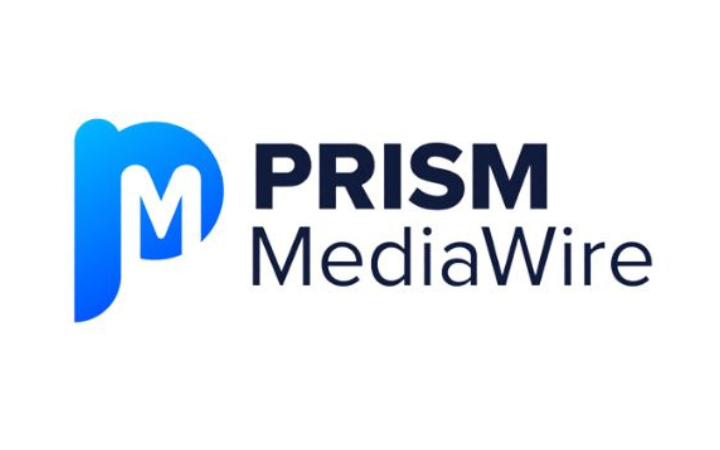Figma Throw’s Adobe Deal Overboard on Collapse, Seeks Independence via IPO Filing
New York, New York, July 3, 2025 – Figma Inc., the design software company best known for its collaborative interface design tools, has officially filed for an initial public offering and plans to list on the New York Stock Exchange under the ticker symbol “FIG.” The move marks a significant milestone for the San Francisco-based company, which just two years ago was at the center of a proposed $20 billion acquisition by Adobe, ultimately scrapped due to regulatory opposition. Figma’s IPO represents more than a shift from private to public, it’s a declaration of independence following its break from Adobe and a signal of confidence in its growth trajectory.
From Acquisition Target to Market Entrant
In late 2023, Adobe and Figma mutually agreed to terminate their merger plans after intense scrutiny from U.K. and European regulators. The collapse of the deal resulted in Adobe paying Figma a $1 billion termination fee. Now, Figma is preparing to take its own path to public markets, emphasizing independence, community ownership, and ambitious growth.
“More importantly, I like the idea of our community sharing in the ownership of Figma, and the best way to accomplish this is through public markets,” CEO and co-founder Dylan Field wrote in a letter to investors included in the IPO filing.
Founded in 2012 by Field and Evan Wallace, Figma has grown rapidly to become a staple in design and product development teams. The platform allows cross-functional teams to collaborate in real time on digital product design and prototyping. It boasts over 13 million monthly active users, with a customer base that includes Netflix, Stripe, Duolingo, and nearly all Fortune 500 companies. Approximately 85% of its users are outside the U.S., though 53% of its revenue comes from international markets.
Financial Snapshot and Growth Metrics
Figma reported $228.2 million in revenue for the first quarter of 2025, up 46% from the same period in 2024. Net income came in at $44.9 million, a sharp turnaround from a $732 million net loss in 2024, much of which was impacted by strategic investments and restructuring following the failed Adobe deal. Full-year revenue for 2024 was $749 million, representing 48% annual growth.
The company had 450,000 customers as of March 31, with over 1,000 contributing more than $100,000 in annual revenue. Figma also reported $1.54 billion in cash, equivalents, and marketable securities at the end of Q1 2025, providing it a strong balance sheet as it enters public markets.
IPO Timing and Broader Market Context
Figma’s IPO arrives amid renewed momentum in U.S. public offerings. Following President Trump’s re-election, Wall Street saw an uptick in filings after a prolonged IPO drought. Other tech companies like Circle, Chime, and CoreWeave have recently gone public, riding a wave of optimism following a deregulatory shift and the passage of the crypto-focused GENIUS Act.
Figma was valued at $12.5 billion during a 2024 tender offer. The company did not disclose how many shares it plans to offer in the IPO.
A Vision Beyond Design Tools
In recent months, Figma has diversified its product portfolio. In March, it launched Figma Sites, a tool that converts designs into functioning websites, further expanding its footprint beyond UI/UX design. It also completed several acquisitions, including Payload, a content management software startup, and Modyfi, a design tool company.
The company has also made strategic investments in digital assets. In 2024, Figma invested $55 million into a Bitwise Bitcoin ETF, which grew to $69.5 million by March 2025. In May, the board approved an additional $30 million investment in USD Coin, a stablecoin.
Embracing AI While Acknowledging Risks
Figma’s IPO prospectus highlights its adoption of artificial intelligence. Features like background removal, layer renaming, and rapid UI generation have become central to the platform’s offering. However, Field noted that AI-related investments could be a “drag on our efficiency for several years,” reflecting the company’s measured approach to AI integration.
Governance and Ownership
Field is the largest individual stakeholder, controlling 51.1% of voting power ahead of the IPO. Venture firms Index Ventures, Greylock, Kleiner Perkins, and Sequoia hold significant stakes. In a notable leadership move, Figma has added Bill McDermott, CEO of ServiceNow, to its board of directors.
With strong financials, global reach, and an expanding product suite, Figma is positioning itself not only as a leader in design software but also as a broader digital infrastructure player in an evolving tech landscape.
Source: PRISM MarketView

The post Figma Throw’s Adobe Deal Overboard on Collapse, Seeks Independence via IPO Filing first appeared on Prism Media Wire.


